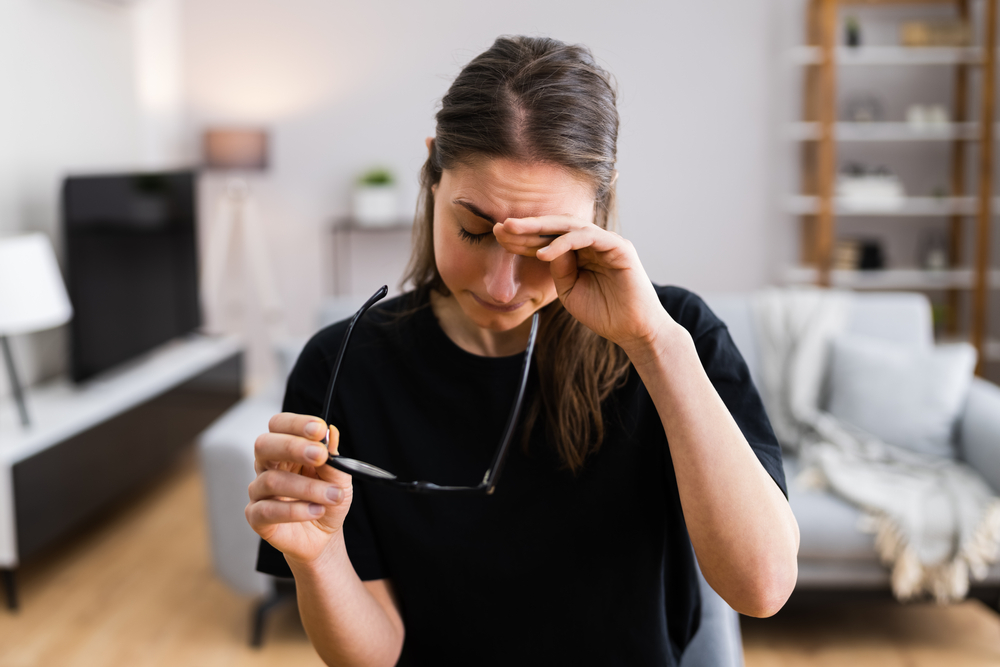
As we age, our bodies naturally go through changes that affect nearly every system. One of the most common eye-related issues among older adults is dry eye disease, a condition that causes irritation, redness, blurred vision, and a gritty sensation. But why does aging increase the risk of developing dry eyes, and what can be done to treat it effectively?
What Is Dry Eye?
Dry eye is a common condition that occurs when your eyes don't produce enough tears or when the tears evaporate too quickly, leading to inadequate lubrication of the eye’s surface. This can result in symptoms such as burning, stinging, redness, blurred vision, and a gritty or foreign body sensation. Tears play a vital role in maintaining eye health and clear vision, so when the tear film becomes unstable or imbalanced, it can cause discomfort and even damage the surface of the eye over time. Dry eye can be triggered by a variety of factors, including age, environmental conditions, medical conditions, and certain medications.
Why Dry Eye Becomes More Common With Age
Dry eye occurs when your eyes don't produce enough tears or when the quality of your tears is compromised. As we get older, several factors contribute to these changes:
• Reduced Tear Production: The lacrimal glands that produce the watery component of your tears tend to produce fewer tears as you age. This is especially true for postmenopausal women due to hormonal changes, which can further impact tear production and tear film stability.
• Poor Tear Quality: Your tears are made up of three layers: oil, water, and mucus. The oil layer, produced by the meibomian glands in your eyelids, is essential for preventing evaporation. With age, these glands often become blocked or dysfunctional, leading to evaporative dry eye.
• Increased Inflammation: Chronic, low-grade inflammation becomes more common as we age and can affect the surface of the eye and the glands responsible for tear production. This inflammation contributes to the cycle of dryness and discomfort.
• Medication Side Effects: Older adults are more likely to be taking medications (such as antihistamines, beta-blockers, or diuretics) that list dry eye as a side effect.
How IPL Therapy Addresses Age-Related Dry Eye
At Monroe Vision Associates, we offer Intense Pulsed Light (IPL) therapy. IPL is an advanced treatment designed to target the root causes of dry eye, especially in cases related to meibomian gland dysfunction (MGD).
IPL uses controlled pulses of light to:
• Stimulate the meibomian glands, helping restore oil flow and improving tear film stability.
• Reduce inflammation by targeting abnormal blood vessels near the eyes.
• Improve skin and gland health, leading to long-term relief from dryness, irritation, and inflammation.
Unlike over-the-counter drops that only offer temporary relief, IPL is a safe and effective option that addresses the underlying causes of dry eye associated with aging.
Reclaim Your Comfort and Clarity at Monroe Vision Associates
If you're experiencing dry, itchy, or irritated eyes and you're over the age of 50, it's time to take action. With advanced treatment options like IPL therapy, long-lasting relief is possible.
Don’t let dry eyes go untreated. Contact Monroe Vision Associates to schedule your dry eye evaluation and learn if IPL therapy is right for you. Visit our office in Monroe Township, New Jersey, or call (609) 604-6400 to book an appointment today.







